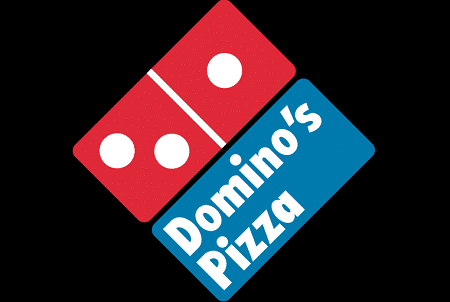
In the increasingly crowded delivery market, Domino’s, the UK’s leading pizza brand, has driven a £1.13m boost in incremental revenue in just three months by launching a new digital display advertising programme. Domino’s partnered with Conversant to harness its data to identify and reach consumers, reaching 3.1 million people and achieving an impressive 10:1 incremental return on ad spend.
With over 1,000 stores across the UK, Domino’s has built up its leading status through both its pizzas and its use of technology for better customer experience. But in the past three years, the delivery market has exploded with quick-service restaurants (QSRs) moving into delivery and the emergence of delivery aggregators, such as Deliveroo and Uber Eats. To maintain its market position, Domino’s knew it needed to harness its data and utilise the full breadth of its channels to not only win new customers but retain existing ones who may be tempted to switch to a delivery aggregator.
“There are so many businesses fighting for that pizza or takeaway occasion, and they have deep pockets. We need to be on the front foot when it comes to driving efficiency through data – using our data architecture and understanding of our customers to outsmart competitors. All the while, measuring effectively using a mix of econometrics, last click and revenue incrementality. That’s our mantra – to outsmart rather than outspend,” explained Karl Boyce, Head of Digital and CRM at Domino’s.
Whilst already a first mover with channels like social, Spotify or specific publishers thanks to its single customer view database, like other brands, Domino’s hadn’t seen healthy return on investment from standard digital display advertising. With some channels too fragmented and others like TV becoming too expensive, Domino’s turned to personalised digital marketing provider, Conversant, to re-introduce display into its media mix and demonstrate incremental return.
Conversant aided Domino’s to further activate its first-party data, harnessing the solution’s transaction-driven ID map of real British consumers. In turn, this enabled Domino’s to effectively identify and reach the right consumers at scale, simultaneously optimising media buying for measurable return.
Elliott Clayton, Senior Vice President at Conversant said, “We ensured to take the time to really get under the skin of the Domino’s business and truly understand its operational and business challenges before outlining the best strategy. This also meant being fully transparent and engaging with all stakeholders, particularly the likes of the data security and the legal team. We knew we’d then be able to deliver and prove the desired return for Domino’s.”
Now, Domino’s is able to match customers down to a single, pseudonymous customer contact ID, tracking that customer accurately from media delivery through to order. The solution allows delivery of automated, personalised messaging to increase new and existing customer lifetime value, driving purchases across its customer base. Beyond a ten-fold incremental return on an investment of £113,000 – more than double the targeted 4:1 return – it also reached 3.1 million customers. Importantly, the partnership with Conversant has entailed a greater business impact by highlighting the value of marketing data to the wider business.
“Many marketers are trying to drive value in their data, so they’re having conversations with board members about getting that data architecture in place, managing compliance and creating audience segments. It is a costly, time-consuming part of anybody’s role. For us to be able to create an audience sample and visibly show a return is music to the ears of any head of department trying to validate a business case to their board,” concluded Boyce.
